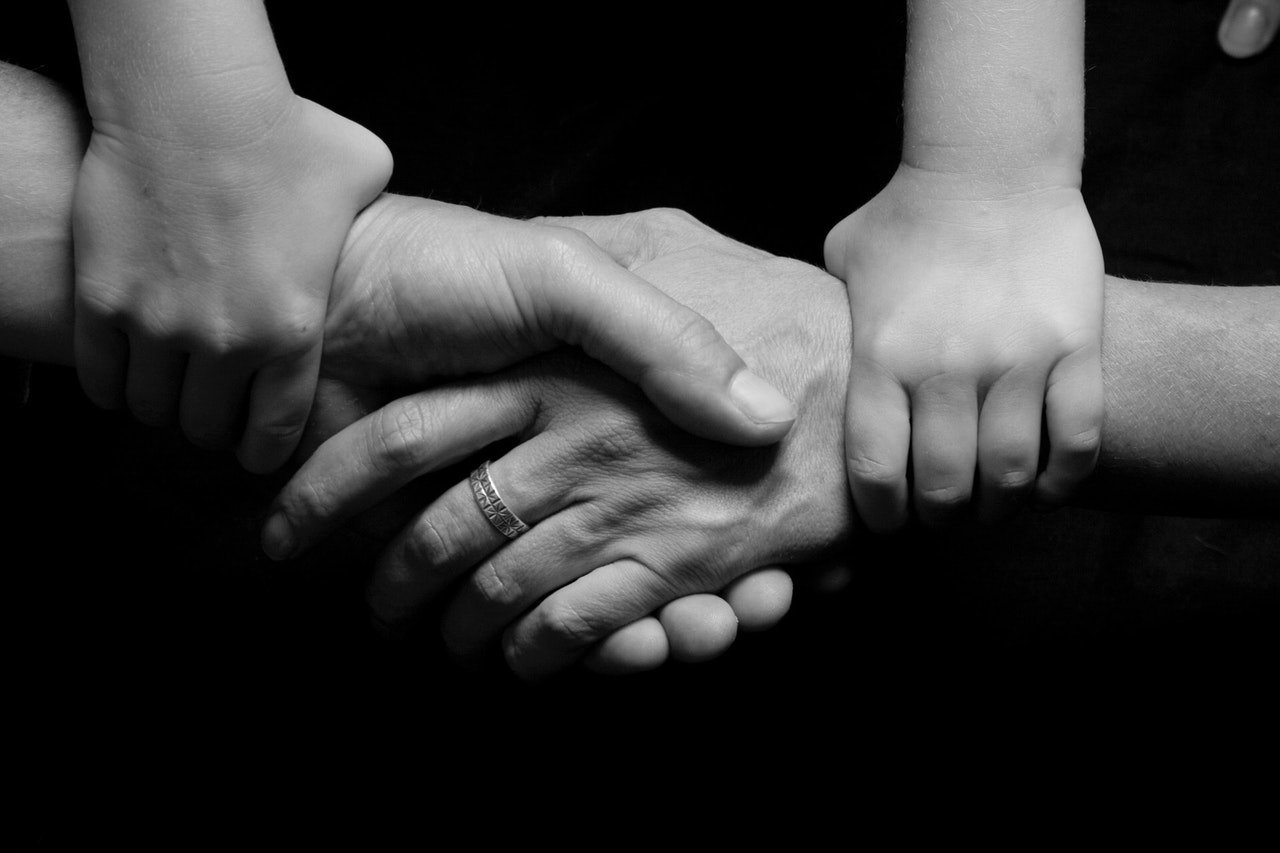Share This Article
Jack Lynch reflects on the impact of his parents for Drew’s News’ ‘My Story’ writing competition.
“Young men think old men are fools, but old men know young men are fools.” – George Chapman, All Fools.
A person is moulded by the influence of others in the same fashion as a sculptor moulds his sculpture. Great care is needed to be moulded by one’s influence in the same fashion. The youthful nature is one of ignorance and naivety, which is shed to reveal a richer understanding of life through an appreciation for the lessons of those older and more experienced. I cannot look back to consider my personal story without arriving back at the influence of my parents at every turn of my life. Mum and Dad laid the foundation, and ensured it was solidly infused with a steady forward thinking security, having the trials of my future in mind. They are somewhere behind every blessing I can count.
I think a reflection on my personal story is more appropriately a reflection on what has been imparted to me by my parents. My use of what they have imparted has shaped me. Marcus Aurelius, the Stoic philosopher and Roman Emperor, similarly reflects on the influences that those around him have had throughout his lifetime. His most famous ‘Meditations’ encompasses an enduring scope of thought popular for its timeless application to the highs and lows of life.
But for me, it is his contemplations of lessons learned from others in the work’s first book that is its most profound takeaway. It is a thoughtful appreciation of instruction from elders, advice from peers and teachings of mentors that has been summarised to illustrate the shape of well-equipped, universally applicable character. Its reflective nature immediately translates to my own consideration of the lessons given to me over my first nineteen years. This consideration could not overlook the principal influence of my parents.
Most important to me and applicable everyday, I have gradually learned the need for the ability to carry out hard work when it needs to be done. Indeed, it is crucial for everyone in every aspect of life. To achieve such fond remembrance as Rome’s last of ‘Five Good Emperors’, it was essential for Aurelius to overcome temptations of laziness and comfort. He noted it was his adopted father, Marcus Annius Verus, that profoundly guided the formation of his character from early on. As Aurelius did from Verus, I too was brought to learn a “love of work and perseverance” by my father.
I feel it was largely due to a son’s adoration for his father that I followed so closely the approach he had to work. Particularly on spending days accompanying him to the saleyards during primary school holidays I would watch, from early morning to midnight or later, the way he carried himself at work as an auctioneer – without ceasing until what must be done is completed with accuracy and excellence. He rarely spoke a word on this lesson; it was instead his perseverent enthusiasm towards excellence in his work that illustrated I should maintain my own resilient attitude in any of my pursuits.
I would consider my father’s influence to be one that defines the broad attitude I have towards a general approach of my conduct in life. My mother’s is more specific in comparison. As both a parent and coach, her influence is two-fold. I have been fortunate to have her closely involved with my physical development as an expert voice guiding training, conditioning, recovery and diet. She would also hear recounts of my day-to-day from as early as I can remember, and in turn has never failed to give specific advice when needed, no matter how minor the issue. Aurelius’ maternal influence is parallel to mine, as his mother taught him a “simplicity too in diet and to be far removed from the ways of the rich”.
Without her widely applicable advice to consume in moderation, her patient efforts to nutritiously feed myself and my brother with every fresh meal, or to oversee physical training as a coach, I would not have the enthusiasm for physical activity I enjoy today. She also taught me to not want more than I need, and instead showed the ease of finding happiness in appreciation of what I already had by illustrating it through her own action. She holds the family unit as central, and as long as the family is happy, she is happy. As a consequence, I learned happiness that way too. To her, and now to me, love and cohesion between myself, my brother, her and my father are both our paramount focus and life’s bottom line.
The selflessness of my parents towards my brother and I is something I think of often, and prompts me to make the most of the opportunities that arise to me as its fruits. Huge sacrifices of money, time, patience and effort have been invested into us, and all that is asked in return is to not waste the opportunities subsequently afforded. To be guided like this is rare, and any child is fortunate if they are given the opportunity to realise what they have been given from their parents. Aurelius describes the attitude needed for such continual sacrifice in Meditations I as “a readiness to do without complaining what is given to be done”, which he attributes to his teacher and mentor, Claudius Maximus.
Looking back, this patient attitude is clearly connected to my father’s “love of work”, with both done out of pure love for their children. But it is also a prioritisation of their children over themselves. I have only come to realise with maturity over recent years the full extent of the emotional and financial sacrifices my parents have made for my brother and I. At the brink of great loss, and staring down prospects of heavy turmoil, our happiness was maintained as paramount even without our knowledge at the time. Love for their children kept positivity alive in my parents’ forward-thinking attitude during the hardest of times, and I cannot appropriately express my thanks for the heartache made for our sake.
I have come to gradually realise the influence of my parents, and slowly internalise the lessons they pass on to me with time. Just as Aurelius places great importance on the “hearty praise of teachers”, I feel a great peace in expressing part of my parent’s involvement as principal teachers and sculptors on my life’s course, and I am seldom able to lay my feelings out as extensively as I can in this essay. To me, the “love of family” that Severus impressed on Aurelius goes beyond just tenderness for them, but also requires a recognition of their role in life. This essay is a means of personally clarifying this involvement. I am grateful to be able to appreciate the sacrifice my parents have made, particularly with their time and unfaltering attention, to have gotten me to where I am today. I pray that, when the time comes, I too can make such sacrifices with the same enthusiastic, unquestioned love for my children as my mother and father have shown to me.
This piece was entered in the Drew’s News ‘My Story’ Writing Competition 2021
Image: Pexels





